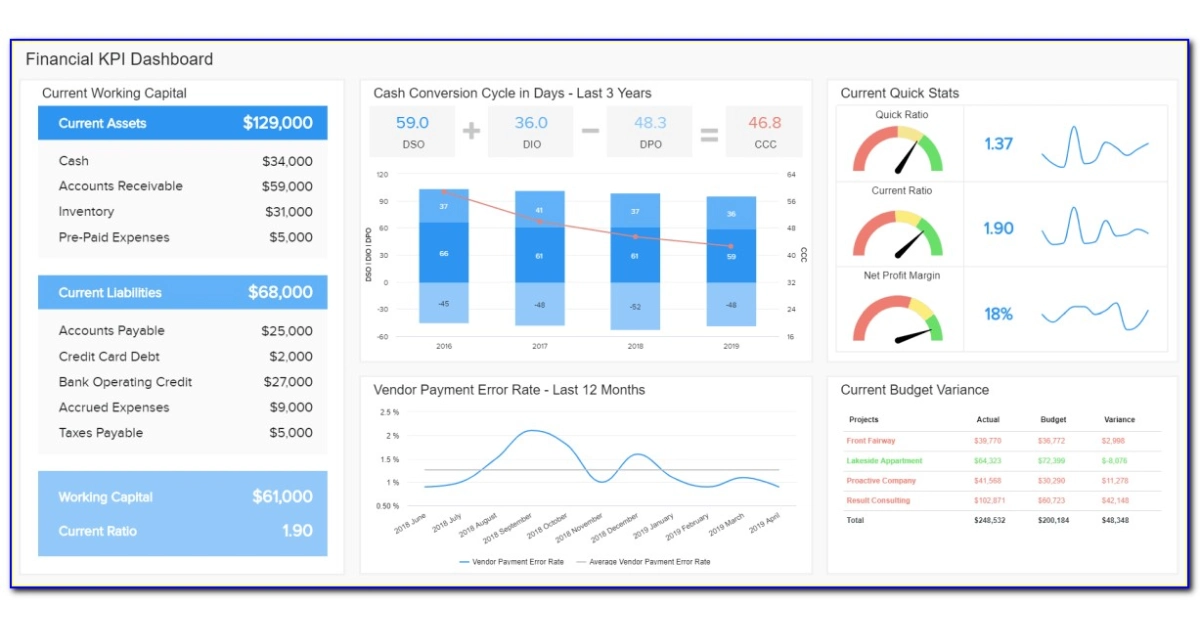Before we dive into the specifics of enterprise solutions for small businesses, it’s important to define what we mean by “small business.” In general, a small business is one with fewer than 500 employees. These businesses often have limited resources, including IT staff and infrastructure, and may face challenges when it comes to competing with larger businesses.
Enterprise solutions are software applications designed to help businesses manage complex processes and data. They typically include features like data analysis, automation, and collaboration tools. For small businesses, enterprise solutions can help streamline operations and improve productivity, allowing them to compete more effectively with larger companies.
Types of Enterprise Solutions for Small Businesses
There are many different types of enterprise solutions available for small businesses, each designed to address specific needs. Some of the most common types include:
Customer Relationship Management (CRM)
CRM software is designed to help businesses manage their interactions with customers, including tracking leads, managing sales, and providing customer service. This type of software can be particularly useful for small businesses that want to improve customer retention and build stronger relationships with their clients.
Enterprise Resource Planning (ERP)
ERP software is designed to help businesses manage their core business processes, including finance, inventory, and procurement. This type of software can be particularly useful for small businesses that need to manage complex supply chains or manufacturing processes.
Ready to streamline your small business operations with an ERP solution? Contact us today to learn more about our enterprise solutions and how we can help your business grow.
Supply Chain Management (SCM)
SCM software is designed to help businesses manage their supply chain operations, including procurement, logistics, and inventory management. This type of software can be particularly useful for small businesses that need to manage inventory across multiple locations or work with multiple suppliers.
Business Intelligence (BI)
BI software is designed to help businesses analyze and visualize their data, allowing them to make more informed decisions. This type of software can be particularly useful for small businesses that want to gain a better understanding of their customers, competitors, and market trends.
Human Resources Management (HRM)
HRM software is designed to help businesses manage their employee data, including payroll, benefits, and performance evaluations. This type of software can be particularly useful for small businesses that want to improve their hiring and retention processes and ensure compliance with employment regulations.
Key Considerations When Choosing Enterprise Solutions for Small Businesses

When choosing an enterprise solution for your small business, there are several key factors to consider. These include:
Scalability
As your business grows, your enterprise solution needs to be able to grow with you. Look for solutions that can scale up or down as needed, without requiring a major overhaul of your IT infrastructure.
User-friendliness
Your enterprise solution needs to be easy for your employees to use and navigate. Look for solutions that offer intuitive interfaces and robust training and support resources.
Customizability
No two businesses are exactly alike, so you need an enterprise solution that can be tailored to your specific needs. Look for solutions that offer customization options and flexible workflows.
Security
Your enterprise solution will likely contain sensitive data, so you need to ensure that it’s secure from cyber threats. Look for solutions that offer robust security features, including encryption, firewalls, and access controls.
Cost
Enterprise solutions can be expensive, so you need to carefully consider the costs involved. Look for solutions that offer transparent pricing models and reasonable ongoing costs.
Implementing Enterprise Solutions for Small Businesses
Once you’ve chosen an enterprise solution for your small business, the next step is implementation. Here are some key steps to take:
Steps to take before implementation
Before you start implementing your enterprise solution, you need to ensure that your IT infrastructure is ready. This may involve upgrading your hardware or software, or adding new resources to your team.
Integration with existing systems
Your enterprise solution will need to integrate with your existing systems, including your accounting software, email, and other tools. Ensure that your vendor provides robust integration tools and support.
Employee training
Your employees will need to be trained on how to use the new system. Ensure that your vendor provides robust training resources and ongoing support.
Ongoing support and maintenance
Your enterprise solution will require ongoing support and maintenance to ensure that it continues to function properly. Ensure that your vendor provides robust support options and service level agreements.
Challenges of Implementing Enterprise Solutions for Small Businesses

Implementing an enterprise solution can be challenging, especially for small businesses. Some common challenges include:
Resistance to change
Employees may be resistant to changing their workflows or learning a new system. Ensure that you communicate the benefits of the new system and provide ample training and support.
Lack of IT resources
Small businesses may not have dedicated IT staff or resources to manage the new system. Ensure that your vendor provides robust support options and resources.
Integration issues
Integrating the new system with your existing tools and workflows can be complex. Ensure that your vendor provides robust integration tools and support.
Budget constraints
Enterprise solutions can be expensive, and small businesses may have limited budgets. Ensure that you carefully consider the costs involved and choose a solution that fits within your budget.
Best Practices for Implementing Enterprise Solutions for Small Businesses
To ensure a successful implementation of your enterprise solution, consider these best practices:
Conduct a thorough needs assessment
Before choosing a solution, conduct a thorough needs assessment to identify your specific requirements and pain points.
Plan for scalability
Ensure that the solution you choose can scale up or down as needed, without requiring a major overhaul of your IT infrastructure.
Involve all stakeholders
Involve all relevant stakeholders in the decision-making process and implementation, including employees, IT staff, and business leaders.
Provide ample training and support
Ensure that your employees receive robust training and ongoing support to ensure a smooth transition to the new system.
Set realistic goals and expectations
Set realistic goals and expectations for the implementation process, and communicate these to all stakeholders.
Monitor and evaluate performance
Regularly monitor and evaluate the performance of the new system to identify areas for improvement and ensure that it’s meeting your business needs.
Read These Blogs
- 5 Common Challenges When Implementing ERP Solutions And How To Overcome Them
- How to Optimize Your Sales Processes with CRM Systems
Conclusion
In today’s fast-paced business environment, small businesses need to stay agile and competitive. Enterprise solutions can help small businesses streamline their workflows, improve their decision-making processes, and gain a competitive edge. When choosing an enterprise solution for your small business, be sure to carefully consider your specific needs and pain points, and choose a solution that can scale with your business and provide robust support and training. With the right solution and implementation plan, small businesses can harness the power of enterprise solutions to grow and thrive in today’s marketplace.
FAQ - People also ask
Enterprise solutions for small businesses are software applications designed to help small businesses manage their operations and workflows more efficiently.
Enterprise solutions can help small businesses streamline their workflows, improve their decision-making processes, and gain a competitive edge.
Small businesses should consider factors such as scalability, user-friendliness, customizability, security, and cost when choosing an enterprise solution.
Common challenges of implementing enterprise solutions for small businesses include resistance to change, lack of IT resources, integration issues, and budget constraints.
Best practices for implementing enterprise solutions for small businesses include conducting a thorough needs assessment, planning for scalability, involving all stakeholders, providing ample training and support, setting realistic goals and expectations, and monitoring and evaluating performance.




